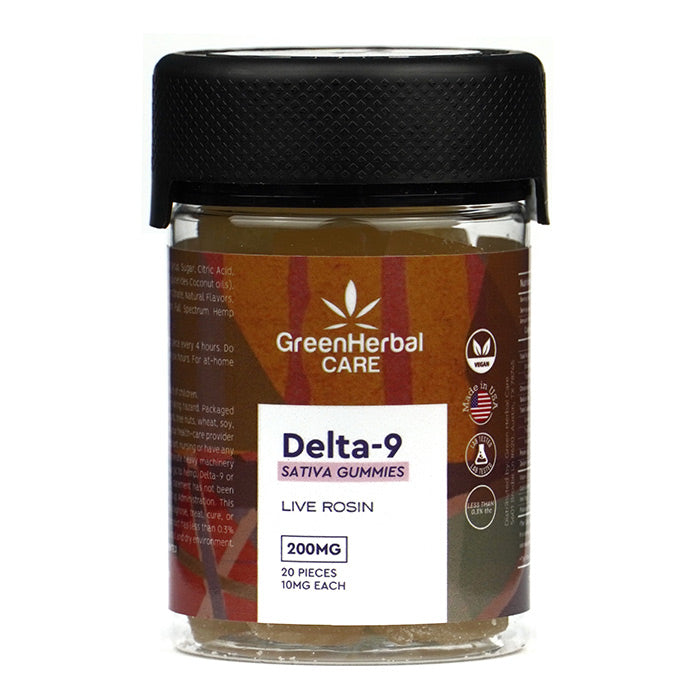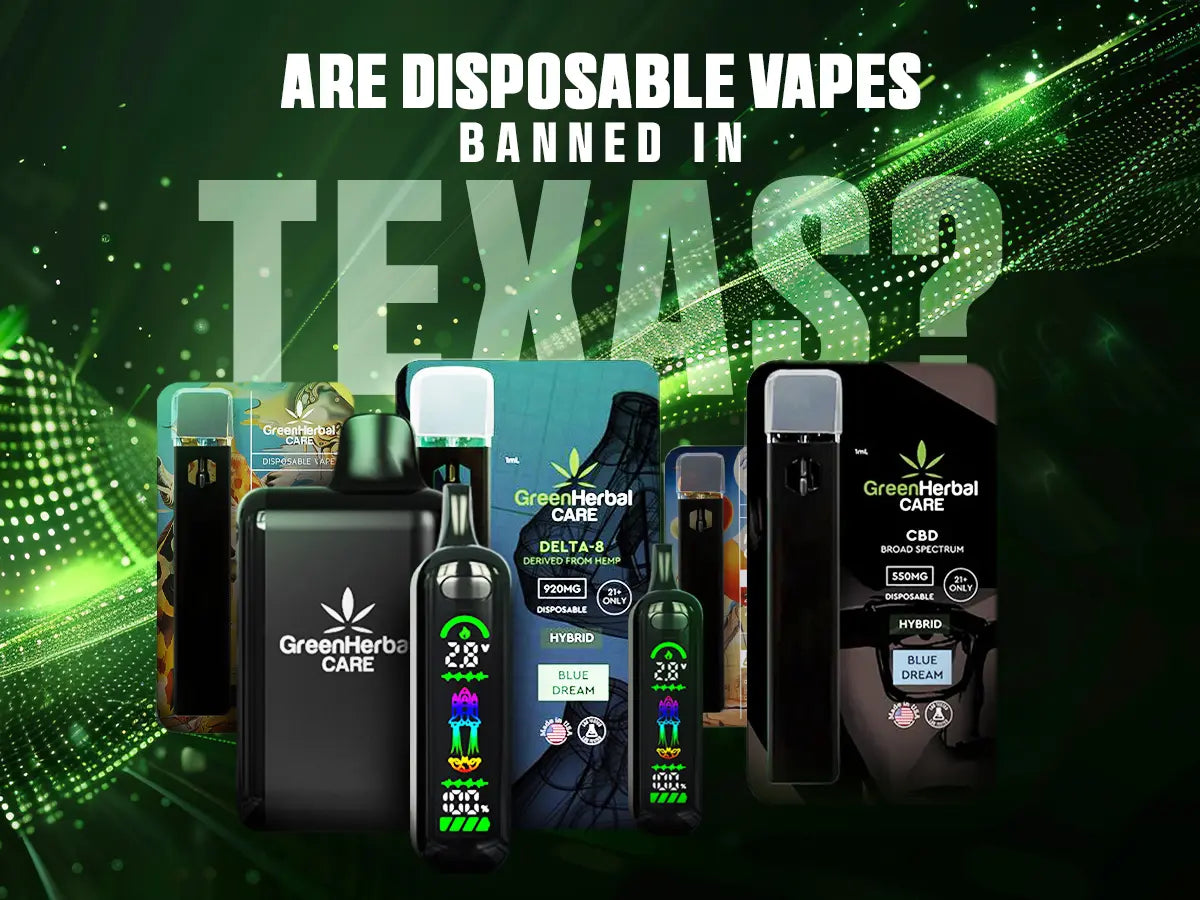Let’s start with the short answer on Texas vape ban. As of August 21, 2025, Texas has not yet banned cannabinoid disposable vapes across the state. Yet, lawmakers are still progressing on new legislation that could do so in an instant. So, while compliant hemp-derived vapes are still available for purchase by retailers today, the law is evolving.
This is just the short answer to a complex question. If you want a more in-depth explanation of “are disposable vapes banned in Texas,” continue reading.
Why the Answer is Complicated
1. Federal definition: what is "hemp"?
The 2018 Farm Bill made "hemp" legal at the federal level—cannabis and extracts with ≤0.3% Delta-9 THC on a dry weight basis. The same goes for Delta-8 vape disposable and other products. All products adhering to that level are federally legal to sell and produce (subject to state law). Texas created its own hemp program in 2019 based on that definition.
2. Texas hemp program basics
Texas mandates "consumable hemp products" (CHPs) be regulated under Health & Safety Code Chapter 443. Regardless of other requirements, makers and retailers are subject to packaging, labeling, and registration. Importantly, batch/lot data and scannable access to test results (i.e., QR codes) are required under the statute and DSHS regulations.
3. A unique regulation for "smokable" hemp—and what it holds in store for vapes
In 2022, the Texas Supreme Court affirmed the prohibition on smokable hemp product manufacturing/processing in Texas but permitted retail sale and distribution of smokable hemp products manufactured elsewhere in Texas. In reality, most retail disposable hemp vapes sold for retail sale in Texas are manufactured elsewhere outside of Texas and retail-distributed in Texas.
The takeaway: Texas will not be your factory for smokable hemp (and vape oils), but it will be your market—if products are produced elsewhere in the state and otherwise compliant.
What is a "Legal" Cannabinoid Disposable?
Under Chapter 443, compliance typically includes:
-
Delta-9 THC ≤ 0.3% by dry weight at the time of sale;
-
Labeling clearly showing batch ID/date, product name, cannabinoid content, manufacturer, and a QR code/URL to a third-party Certificate of Analysis (COA);
-
Retailer registration/licenses and adherence to DSHS regulations. (Local enforcement priorities can vary.)
Where Disposable Vapes are Most Legally Challenged
The "detectable cannabinoids" proposals In 2025, some Senate bills tried to ban most THC-infused hemp products, including disposables. SB 3 (first try) was vetoed by Gov. Abbott in June of 2025; subsequent tries like SB 5 and SB 6 would ban ingestible hemp products with any measurable cannabinoid other than CBD/CBG—a de facto ban on intoxicating hemp vapes if passed. To date, the Senate has passed a version targeting Delta-8 and further catch-all THC, but the House has not passed a final ban.
Translation: No state prohibition in place now, but bills with actual momentum aim to take most THC-containing hemp disposables off the shelves. Watch the House.
Shop Hemp Vapes
"Isn't THCA legal?"—The Heat-Conversion Wrinkle
You'll find THCA disposables marketed as hemp-compliant. THCA is not Delta-9 itself, but it gets heat-treated to make it delta-9. That can cause two issues: (1) de facto intoxication from a "hemp" product; and (2) testing practices (heat-treated lab results, for instance) that can detect more delta-9 when converted—creating enforcement risk even for compliant-at-sale products. That's part of the reason lawmakers keep coming back to hemp vape regulation.
What Green Herbal Care Clients Should Know
1. Retail availability persists—today. With the governor's veto of an absolute prohibition, today's hemp disposable market persists—under a labeling and COA compliance requirement and local enforcement realities.
2. Out-of-state production of CBD disposable vape does matter. As Texas prohibits in-state production of smokable hemp, the majority of compliant retail-dispensed disposable vapes for sale in Texas are produced elsewhere and brought over here.
3. Labels and COAs are not "nice to have." They are legally important. Keep QR codes and batch numbers referencing up-to-date third-party testing. Keep original packaging in case you have to demonstrate compliance.
4. Marketing and age restriction. New (vetoed) legislation introduced a 21+ standard and tighter marketing regulations to discourage teen consumption. Even without a new statute on the books, numerous responsible retailers voluntarily adhere to 21+ practices.
Practical Do's and Don'ts (Non-Legal Advice)
-
Do purchase from stores that have current COAs and comply with Texas labeling regulations.
-
Do ensure that products have ≤0.3% Delta-9 THC available for sale and have the box/COA available.
-
Do stay current on pending legislation; laws do shift with special sessions. Don't count on airport or highway enforcement to read hemp subtleties; discretion varies agency/jurisdiction by agency/jurisdiction. (When in doubt, leave it out.)
-
Don't manufacture or white-label smokable hemp products in Texas—that's prohibited.


